Steve Jobs and the Holy Grail: why some products become over-successful, while others fail

Why do some startups and products fail, while others are accepted by the public with a bang and bring millions to their founders?
Why is the same person - Steve Jobs created two failed products (Macintosh and NeXT) before producing the iMac best seller?
')
Why should any failure be considered as a step to success?
I will try to give my answer to this question.
In the terrific, but unfairly forgotten film “Monty Python and the Holy Grail” (eng. Monty Python and the Holy Gail), the knight said to his son:
Listen, I created this kingdom out of nothing.
When I started, there was only a swamp. Other kings said - idiocy to build a castle in the swamp ...
But I still built it to prove to them.
The castle was drowned in the swamp, and I built another one. He also drowned, and I built a third one.
This one burned to the ground, collapsed, and then drowned in a swamp.
But the fourth resisted. It is you who will inherit it.
The best castle on these islands.
In order for a product to find its way to the wallets of potential customers, two conditions must be met:
- Society must be prepared to accept the benefits of a new product.
- Technology needed to realize the product cheaply and effectively
When Jobs introduced the first Macintosh to the public, he believed that it gave people tremendous opportunities. Draw, compose music, control the computer without special knowledge.
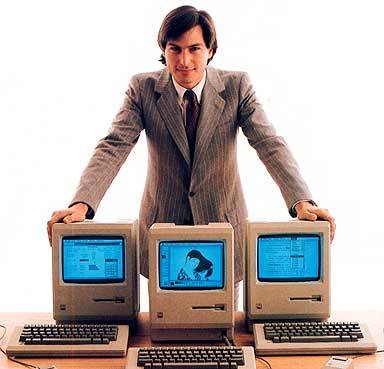
And potential buyers saw a very expensive and strange computer. Using the mouse was unusual. Drawings created in MacPaint are primitive. The lack of expansion (compared with the IBM PC) instilled fears that it was impossible to add new useful features to the computer.
As a result, the first castle drowned in a swamp.
Jobs tried to make the perfect computer for education NeXT. He pored over a cubic body that would have looked like a perfect cube. He tried to make work on a new computer arouse aesthetic pleasure from the user.
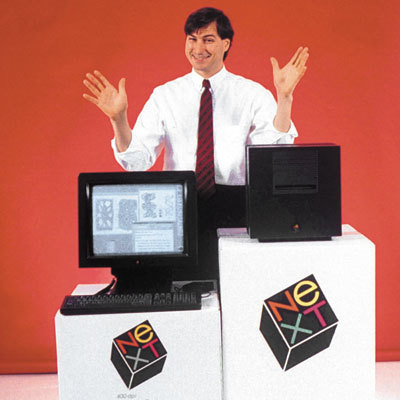
The computer turned out to be too expensive, the functionality was insufficient, and the ideal black cube, although winning against the background of the faceless gray boxes of IBM PC-compatible computers, did not seem to be the advantage for which it was worth paying a lot of money.
A second castle plunged into the swamp.
And then came the year 1997. Technique stepped far forward. Now a computer with powerful hardware was not so expensive.
Changed and human consciousness. People began to appreciate aesthetics. They were tired of bulky keyboards, they were pulled out by the gray color of monitors and system units. They no longer wanted to be confused in the pile of wires.
Consumers wanted more. Their value system has changed.
And Microsoft taught them to the graphical interface. And to the windows. And to the mouse.
And then iMac came on the scene. The third castle rested the foundation on the skeletons of the first two.
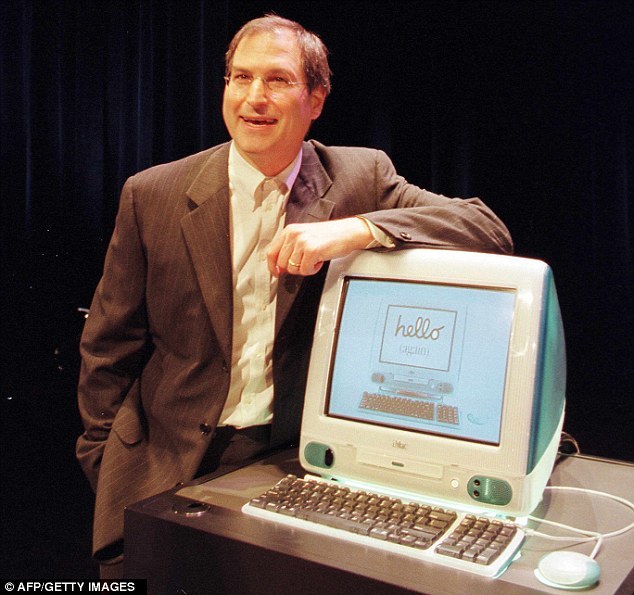
The hour of Jobs's triumph has arrived.
More Jobs will not fail. Other manufacturers will copy the iMac design style in thousands of devices, modems, mice, computers (almost coffee makers) will flaunt a translucent cover.
And when this style becomes obsolete, a new white glossy panel will appear.
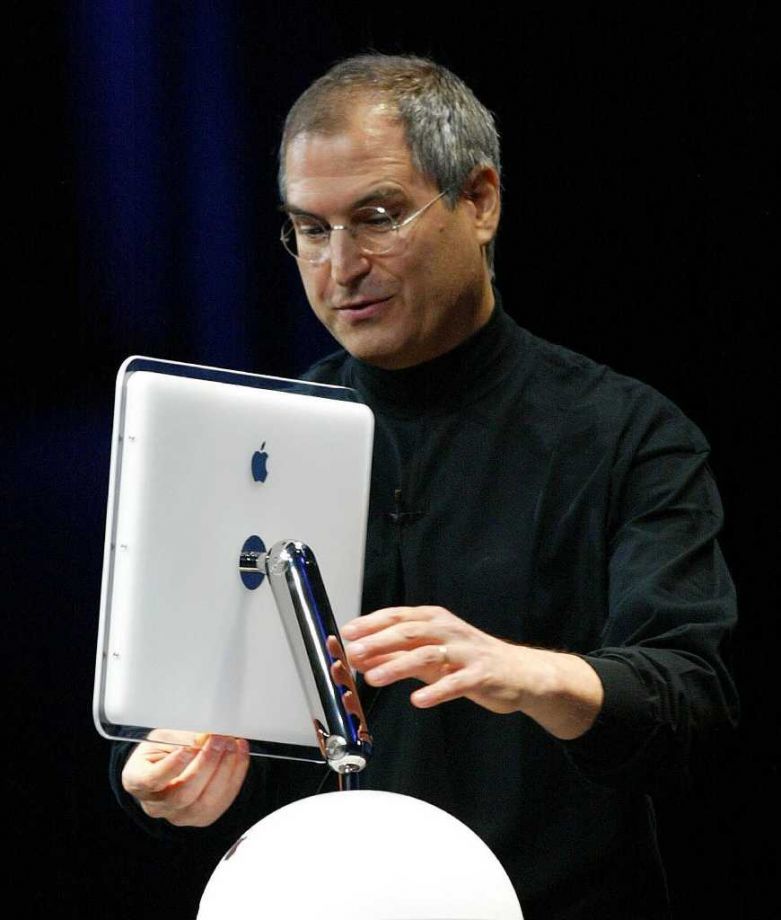
Again, Mac will become a trendsetter in design. And the army of fans will continue to grow. And the bitten apple will become almost sacred.
And then the era of aluminum enclosures will come. Jobs himself considered the case, carved from a single piece of metal the main achievement of the decade. The workmanship of Macs (laptops and desktops) has not been surpassed by other PC makers so far.
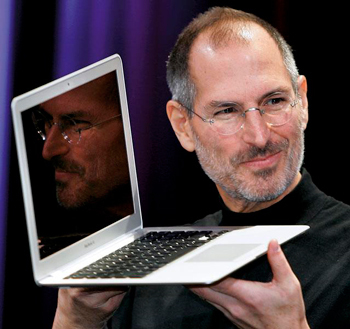
(The author now writes this text on such a MacBook Pro. And yes, I know that in the picture MacBook Air, which for a long time remained the thinnest laptop in the world)
So, did Jobs in 1997 become significantly smarter than himself in 1984 or 1988?
No, it has changed us, consumers.
We learned to appreciate the beauty of the computer, not its extensibility. This for us has become an important convenience of work, and not just the power of the processor (the backlight of the MacBook keys allows you to work at night).
And the technique enabled Jobs to easily and cheaply implement previously inaccessible things.
If Jobs had succumbed after the failure of NeXT, then perhaps there would have been someone else who would have felt the remains of the first two locks in the swamp of customer needs. And maybe not.
It only seems that people like Jobs are changing the world. You can not make people dramatically love the GUI and mouse control. But one can guess the moment when they are ready to love - and propose a solution.
More Jobs will not sink their locks in the swamp. He will look for strangers.
In March 1998, the South Korean company Saehan Information Systems released a device that was incomprehensible for the then market, capable of playing music files not from CDs, but from digital files of MP3 format, which until now worked only on computers. Does anyone remember this company or this device?
The first MP3 players had a lot of flaws. Small amount of memory (expensive then there was a memory), a small amount of available music, connection with a PC.
Jobs waited. And only when he was able to solve technological problems and offer additional services (iTunes), the iPod was triumphantly released to the market.
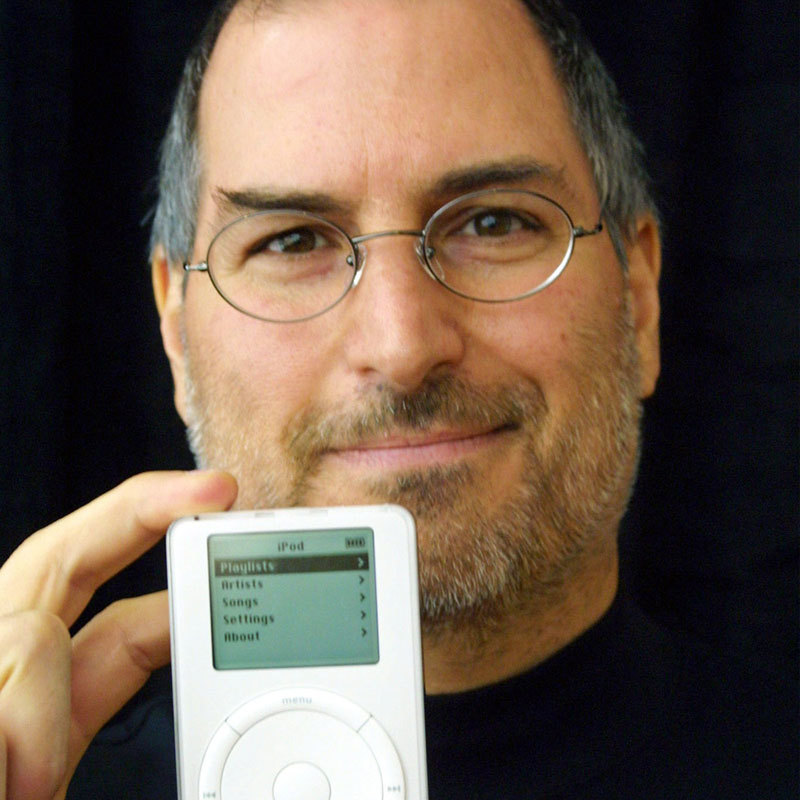
Everyone knows what happened next ... The market was taken.
And when potential buyers tried the PalmPilot and Newton handheld computers, they poked the WindowsCE devices with a stylus and used the first bulky smartphones — the iPhone triumphantly entered the market.
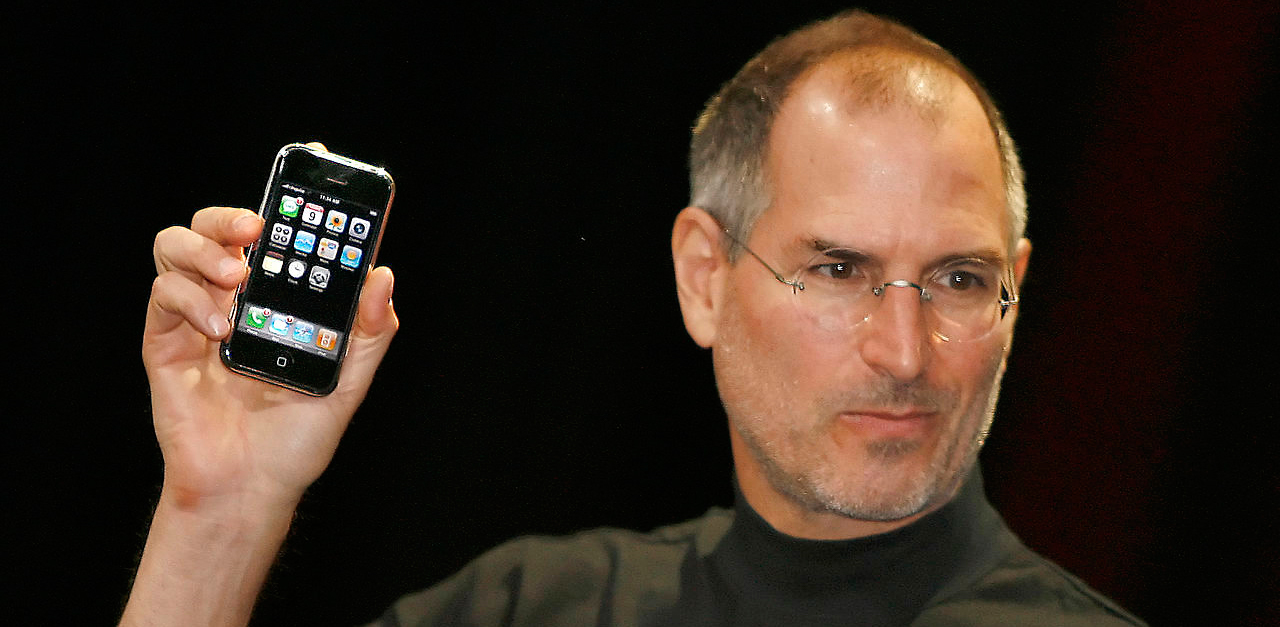
He almost instantly threw smartphones on WinMobile out of the market, and then for a long time (until the advent of Android 4) was the only one worthy of the title “smartphone”.
However, it is time to sum up.
Mark Twain once said:
Once in a lifetime, Fortune knocks at the door of every person, but at that time a person often sits in the nearest beer hall and does not hear any knocking.
And so you need to try and search. Follow the market, people's expectations and technology.
And do not be afraid that this time your new project will suffer defeat.
It is terrible not to lose. It is terrible not to draw conclusions from his defeat and not to draw up a new plan.
Good luck to all!
Andrey Ignatov
Source: https://habr.com/ru/post/298512/
All Articles